Search
Search Results
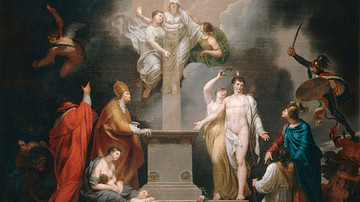
Article
Napoleonic Concordat of 1801 & Religious Pluralism
The Napoleonic Concordat of 1801 defined France's relationship with the Catholic Church for over 100 years. The Organic Articles were added in 1802 and provided state recognition of the Reformed and Lutheran confessions alongside the Catholic...

Definition
Lucius Tarquinius Superbus
Lucius Tarquinius Superbus ('Tarquin the Proud') was traditionally the seventh and last king of ancient Rome before it became a republic. He belonged to the Etruscan Tarquinii clan, reigned from 534 to 510 BCE, and was infamous for his tyrannical...
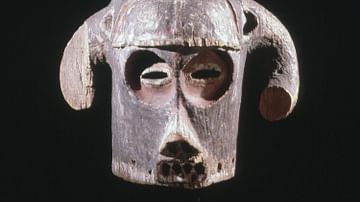
Definition
Kingdom of Luba
The Kingdom of Luba, located in central Africa, thrived from the 15th to 19th century CE and was the first such state in the Congo basin. Skills in ironworking and trade along the Lualaba river in such metals as copper permitted the Luba...
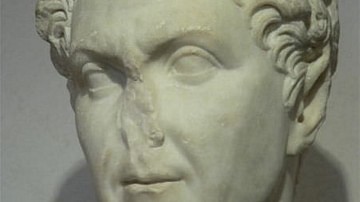
Article
Sulla's Reforms as Dictator
Lucius Cornelius Sulla (l. 138 - 78 BCE) enacted his constitutional reforms (81 BCE) as dictator to strengthen the Roman Senate's power. Sulla was born in a very turbulent era of Rome's history, which has often been described as the beginning...

Article
Ten Ancient Rome Facts You Need to Know
Ancient Roman culture affected vast numbers of people across the known world of its time, beginning with the rise of the Roman Republic (509-27 BCE) and throughout the duration of the Roman Empire (27 BCE - c. 476 CE in the West and 1453...

Article
Fall of Maximilien Robespierre
The fall of Maximilien Robespierre, or the Coup of 9 Thermidor, was a series of events that resulted in the arrests and executions of Robespierre and his allies on 27-28 July 1794. It signaled the end of the Reign of Terror, the end of Jacobin...
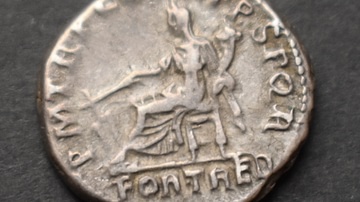
Article
Authority in Ancient Rome: Auctoritas, Potestas, Imperium, and the Paterfamilias
Authority in ancient Rome was complex, and as one can expect from Rome, full of tradition, myth, and awareness of their own storied history. Perhaps the ultimate authority was imperium, the power to command the Roman army. Potestas was legal...
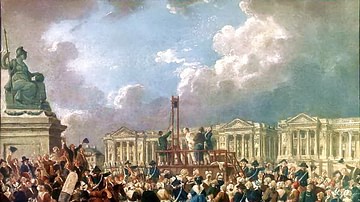
Definition
Reign of Terror
The Reign of Terror, or simply the Terror (la Terreur), was a climactic period of state-sanctioned violence during the French Revolution (1789-99), which saw the public executions and mass killings of thousands of counter-revolutionary 'suspects'...
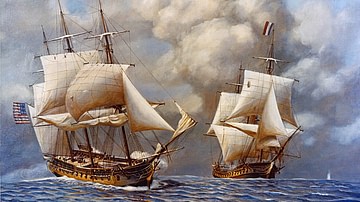
Definition
Quasi-War
The Quasi-War (1798-1800) or 'Half War' was a limited, undeclared naval conflict fought between the United States and the First French Republic. Hostilities arose when French privateers began attacking neutral American shipping, resulting...

Definition
First Triumvirate
The First Triumvirate of ancient Rome was an uneasy alliance between the three titans Julius Caesar, Pompey, and Crassus which, from 60 BCE until 53 BCE, dominated the politics of the Roman Republic. Alliances have always been a part of history...